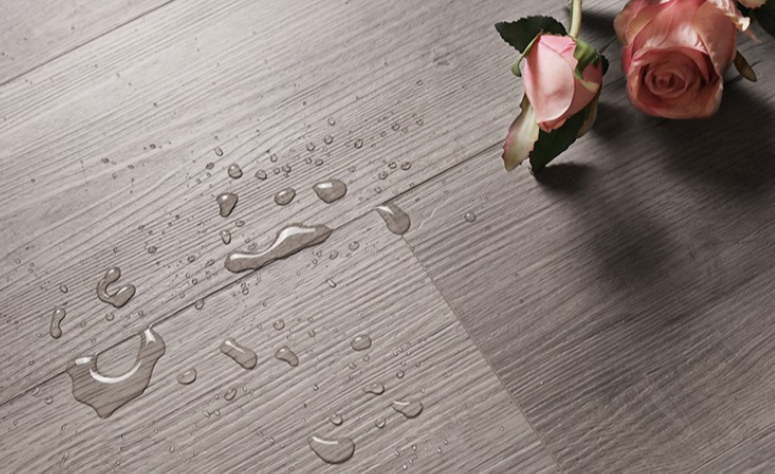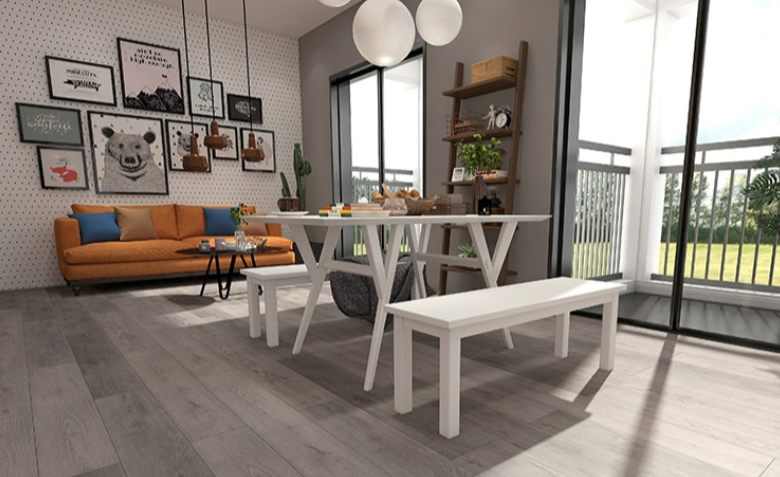15 Essential Tips for Flooring Care and Maintenance

Flooring is a fundamental aspect of any interior, whether it’s in a home, office, or commercial space. Proper care and maintenance are crucial for preserving its appearance and extending its lifespan. Different types of flooring materials, such as hardwood, tile, carpet, and vinyl, require specific cleaning and maintenance techniques. This guide provides 15 essential tips for cleaning and maintaining various flooring types, ensuring your floors remain in excellent condition.

1. Daily Dusting and Sweeping
For all types of flooring, daily dusting or sweeping is crucial to prevent dirt and debris from causing scratches or wear. Use a soft-bristle broom or a dust mop to gently remove particles. For hard floors, a vacuum with a hard floor setting can be effective, but avoid using beater bars that can scratch the surface.
2. Regular Vacuuming
Carpeted floors require regular vacuuming to remove dust, dirt, and allergens. Vacuum high-traffic areas at least twice a week and less frequented areas once a week. Use a vacuum cleaner with a HEPA filter to trap fine dust and prevent it from circulating in the air.
3. Spills and Stains: Quick Action Required
Accidents happen, and spills should be addressed immediately to prevent staining and damage. For hard floors, blot the spill with a clean cloth and then clean the area with a suitable floor cleaner. For carpets, use a carpet cleaner or a mixture of water and vinegar, blotting the stain rather than rubbing it to avoid spreading.
4. Mopping Techniques for Hard Floors
Hardwood, tile, and vinyl floors benefit from regular mopping. Use a mop that is well-wrung to avoid excess water, which can damage wood and some types of tiles. For hardwood floors, use a pH-neutral cleaner. For tile floors, a cleaner that targets grout can be beneficial. Avoid using harsh chemicals that can damage the finish.
5. Deep Cleaning Carpets
Carpets should be deep-cleaned every 6-12 months to remove embedded dirt and rejuvenate fibers. Use a professional carpet cleaner or hire a professional service. Ensure carpets are thoroughly dried afterward to prevent mold growth.
6. Protecting Hardwood Floors
Hardwood floors are sensitive to moisture and heavy furniture. Use furniture pads to protect against scratches and avoid using excessive water when cleaning. Place mats at entryways to capture dirt and moisture. Refinish hardwood floors every few years to maintain their luster and protect the wood.
7. Cleaning Tile and Grout
Tile floors can be cleaned with a mild detergent and water, but grout lines can trap dirt. Use a grout cleaner or a mixture of baking soda and water to scrub grout lines. Regularly sealing grout lines can prevent stains and make cleaning easier.
8. Maintaining Vinyl Floors
Vinyl floors are durable but can become dull with time. Clean them with a gentle cleaner and a damp mop. Avoid using abrasive cleaners or scrubbing pads. For a shine, use a vinyl floor polish recommended by the manufacturer.
9. Avoiding Common Cleaning Mistakes
Certain cleaning practices can damage floors. Avoid using vinegar or ammonia on hardwood floors, as these can strip the finish. Never use a steam mop on laminate or hardwood floors, as excessive moisture can cause warping.
10. Addressing Scratches and Dents
Minor scratches on hardwood floors can be fixed with a matching wood repair kit. Deep scratches or dents may require a professional. Replace damaged planks in laminate floors as needed. Use a repair kit for carpets or seek professional help for severe damage.
11. Preventing Sun Damage
Direct sunlight can fade and damage flooring materials, particularly hardwood and carpets. Use curtains or blinds to protect floors from excessive UV exposure. Consider using UV-protective window films for added protection.
12. Handling High-Traffic Areas
High-traffic areas wear out faster than other parts of your flooring. Use rugs or runners to protect these areas. Regularly clean and inspect these zones for signs of damage or wear.
13. Seasonal Maintenance
Different seasons bring different challenges for flooring maintenance. In winter, salt and moisture can damage floors, so clean up any salt deposits promptly. In summer, ensure that excess moisture from humid conditions doesn’t affect wood or carpet.
14. Proper Storage and Care for Area Rugs
Area rugs require their own maintenance. Vacuum them regularly and have them professionally cleaned periodically. Store rugs properly when not in use to prevent moth damage or deformation.
15. Professional Inspections and Repairs
Regular inspections by a flooring professional can help identify and address potential issues before they become serious problems. For repairs beyond basic cleaning, such as significant damage or complex restoration, seek professional assistance.

Proper care and maintenance of your flooring are essential for preserving its beauty and functionality. By following these 15 tips, you can ensure that your floors remain in excellent condition, enhance their lifespan, and maintain the overall appeal of your space. Each type of flooring has its specific needs, so adapt these guidelines to suit your particular flooring material for the best results.
Click for more content







